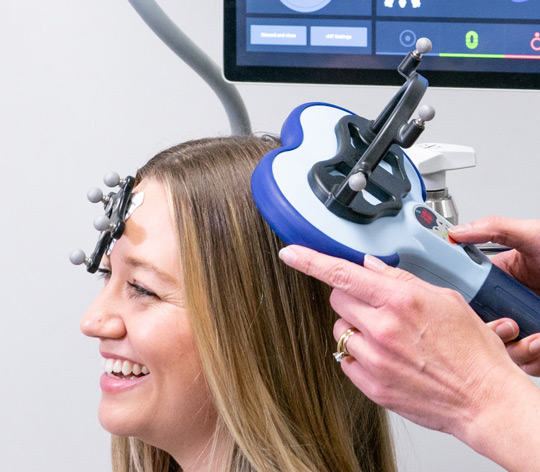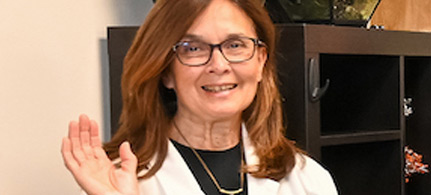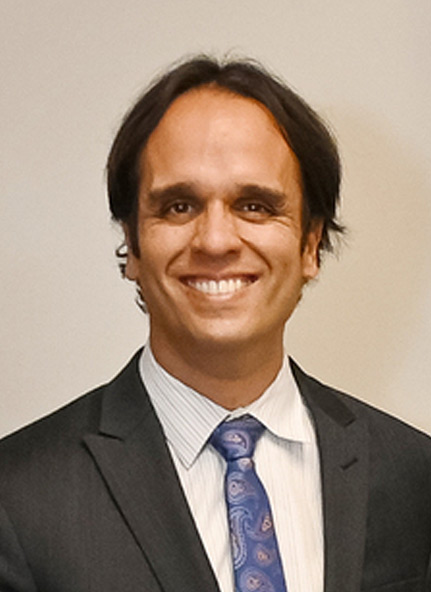
TMS Therapy on Long Island
A Safe, Effective Treatment for Depression When Medication Isn’t Enough
Get relief with FDA-cleared, non-invasive TMS therapy.
Covered by most insurance. No anesthesia. No downtime.

What Is TMS Therapy?
TMS therapy is a safe, non-invasive option for treating depression, focused on restoring healthy brain activity and helping you feel like yourself again.
Non-Invasive Treatment
No surgery. No anesthesia. No downtime.
No Medication Side Effects
Drug-free therapy that does not add new side effects.
FDA-Cleared
Approved for patients ages 15 and older.
Short Treatment Timeline
Most patients complete treatment in about 7 weeks.
Insurance Coverage
Covered by most major insurance plans.
Free Consultation:
A Conversation, Not
Just an Appointment
When you reach out, you’ll speak directly with a member of our caring team—not a call center or automated system. We’ll guide you through a stress-free consultation process designed to put you at ease.
What to Expect:
- A warm, welcoming conversation about your unique situation.
- Clear explanations about how TMS could help you specifically.
- Each gentle treatment session lasts just 19 minutes (Monday-Friday).
- You can drive yourself and return to normal activities immediately.
- 36 sessions total—we’ll be with you every step of the way.




Why Patients Choose TMS Long Island
We treat patients like people, not numbers. Every person who walks through our doors receives individualized attention from a team that’s genuinely invested in their success. You’ll work with the same caring professionals throughout your entire journey—people who will celebrate your progress and support you through any challenges.
Why Patients Choose TMS Long Island
We treat patients like people, not numbers. Every person who walks through our doors receives individualized attention from a team that’s genuinely invested in their success. You’ll work with the same caring professionals throughout your entire journey—people who will celebrate your progress and support you through any challenges.
How TMS Long Island Can Change Your Life

Move past despair and reconnect with life’s possibilities. Our team will walk with you every step of the way. Depression increases feelings of loneliness, sadness, and despair, but you don’t have to face these feelings alone.


Overcome the mental fog and feel present again. Because you deserve to be present for the moments that matter. Depression can rob you of your ability to connect with work, family, and the activities you once loved.

Feel motivated again to do the things you love. With support from people who truly care about your progress. Depression can make even simple tasks feel overwhelming, but healing is possible.

Contact Us
Send as an e-mail to tmsli.marianne@gmail.com or complete our secure form today. When you contact us, you’re not just scheduling an appointment—you’re taking a brave step toward reclaiming your life. Our team is here to support you, answer your questions, and help you understand if TMS is right for you.
Join the many people we’ve had the privilege to help rediscover joy, hope, and energy in their daily lives.
